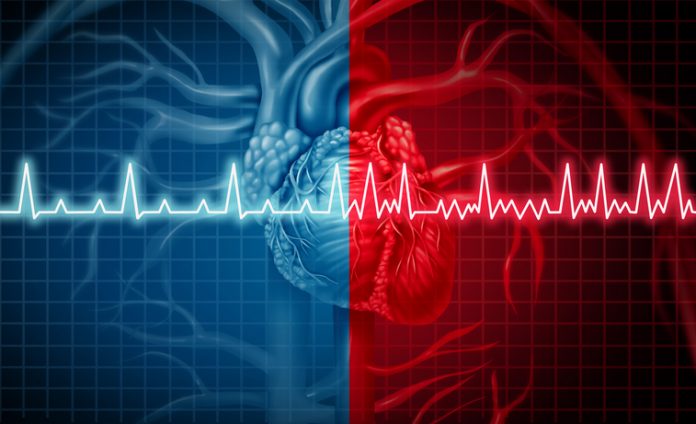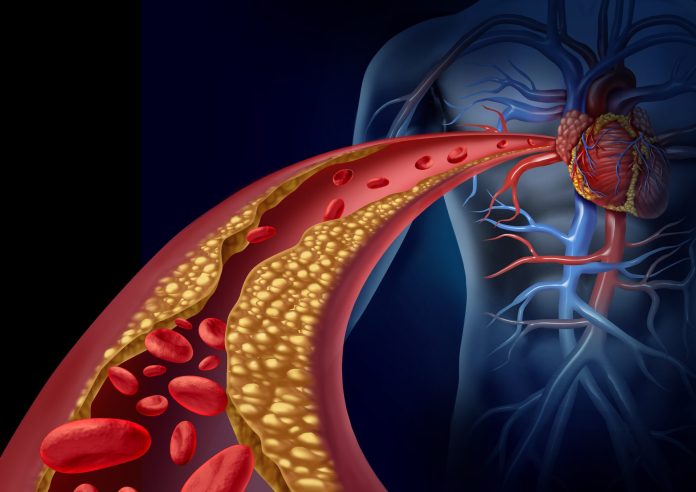Are you a chain smoker, or have been a victim of passive smoking? This article is for you. Whether smoked or chewed, tobacco is extremely dangerous to your health. This is mainly because products made with tobacco contains unsafe substances such as acetone, tar and carbon-di-oxide. When these are inhaled, they can cause severe damage to the lungs and also some other parts of the body.
In this article, we talk about how smoking cigarettes affects the body beyond your lungs. And to explain more about the side effects, we have Dr Pujan Paikh, Consultant Pulmonary Medicine department, Sir H. N. Reliance Foundation Hospital and Research Centre, with us.
The Effects of Smoking on the Body
Smoking has detrimental effects on several organs in the body, not just the lungs. Here are some of the ways smoking can impact various organs:
The Heart Can Get Damaged
Smoking increases the risk of heart disease by damaging blood vessels and reducing blood flow. It can lead to the development of atherosclerosis (hardening of the arteries) and increase the likelihood of blood clots. Smoking also raises blood pressure and heart rate, making the heart work harder.
Affects The Cardiovascular System
Smoking contributes to the narrowing and hardening of blood vessels, increasing the risk of peripheral artery disease, stroke, and heart attack. It can also lead to an irregular heartbeat (arrhythmia) and aortic aneurysms.
Damages The Brain
Smoking damages blood vessels in the brain and can increase the risk of stroke. It also contributes to cognitive decline, memory problems, and an increased risk of dementia.
Can Lead To Severe Oral Cavities
Smoking is associated with various oral health problems. It can cause gum disease, tooth loss, discolouration, bad breath, and an increased risk of oral cancers.
Respiratory System
While the lungs are directly affected by smoking, it is worth mentioning that smoking can lead to chronic obstructive pulmonary disease (COPD), which is a combination of chronic bronchitis and emphysema. COPD can cause significant breathing difficulties and decreased lung function.
Harm The Digestive System
Smoking can harm the digestive system in several ways. It increases the risk of developing stomach ulcers, acid reflux, and gastrointestinal cancers, particularly those affecting the oesophagus, pancreas, liver, and colon.
Can Affect The Reproductive System
Smoking can adversely affect both male and female reproductive health. In men, smoking can lead to erectile dysfunction, decreased sperm count, and increased DNA damage in sperm. In women, smoking can cause fertility problems, complications during pregnancy, premature birth, and low birth weight in newborns.
Yes, It Can Affect Your Skin Too!
Smoking accelerates skin ageing, leading to premature wrinkles, a dull complexion, and an increased risk of skin conditions such as psoriasis. It also impairs wound healing and increases the likelihood of developing skin cancer.
Damages The Bones
Smoking weakens bones and can contribute to osteoporosis, a condition characterized by reduced bone density and an increased risk of fractures.
It’s important to note that quitting smoking can significantly benefit these organs and overall health. Many of the harmful effects of smoking can be reversed or reduced by leaving, leading to improved organ function and a decreased risk of related diseases.
Total Wellness is now just a click away.
FOLLOW US ON









